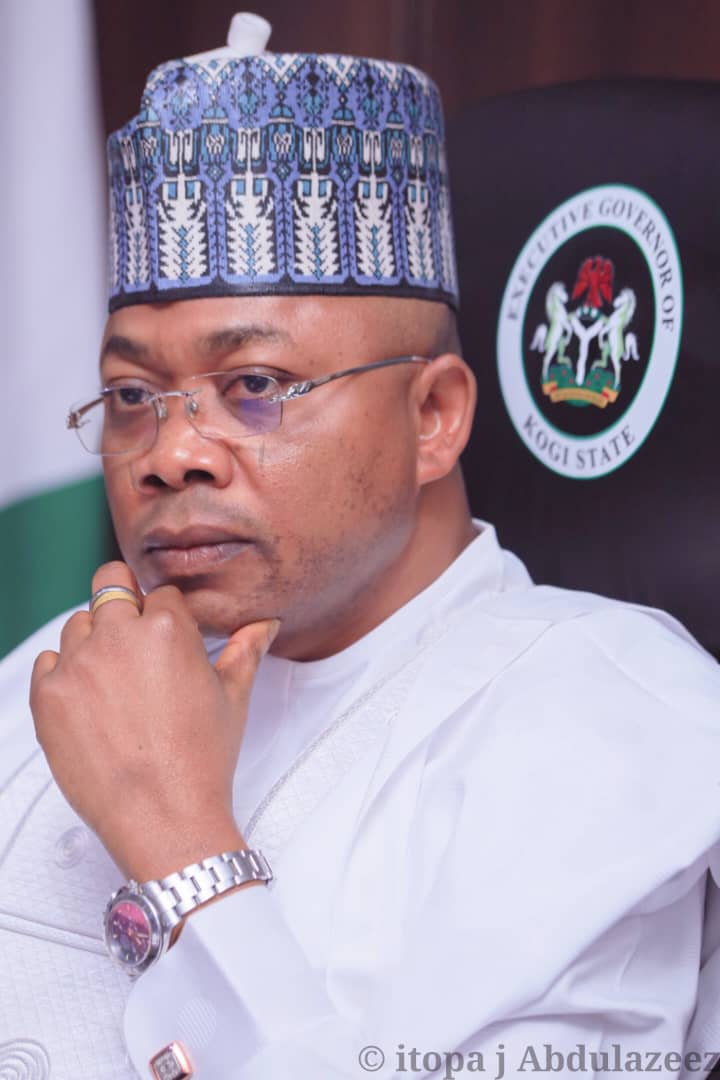Warning: Attempt to read property "post_excerpt" on null in /home/kogiflam/public_html/wp-content/themes/morenews/single.php on line 55


HIGH levels of poverty, illiteracy and Unemployment continue to pose threats to democratic elections in the country.
The Head of Certified Trainer, Independent National Electoral Commission (INEC), Mrs. Hajia Garba Safia, made this known during the Zonal Training for Electoral Security Personnel for Kogi 2019 Governorship Election
supported by the European Centre for Electoral support which took place in Okene, Kogi State.
She noted that elections have become more regular, more competitive because of strong opposition parties and the integrity of the electoral process has improved.
“The implication of this is that, the culture of election is beginning to take roots in the country as we saw in the victory of the opposition in the 2015 Presidential Election and the acceptance of defeat by an incident president.
“Sometimes, the challenge of electoral insecurity comes largely from undue exploitation of ethnic, religious and communal differences by the political elite. Political elites who deliberately exploit existing social cleavages and fault lines for political advantage are often referred to as conflict entrepreneurs,” she stated.
According to her as long as the members of the political class continue to mobilize on the basis of ethno-religious and communal sentiments and not on the basis of the programmes and vision of society they represent, political conflict and violence will remain enduring features of the country’s political system.
The INEC Head of Certified Trainer, stressed that security is vital to the electoral process adding that it is a non negotiable ingredient of the process leading to the elections, during the elections and even after the elections.
Her words, “Security agencies are mandated by law to harness and deploy their human and material resources to provide conducive environment for all activities of the EMB, political parties, politicians, the electorate and other Stakeholders in all phases of the electoral process.
“It is imperative that all security agencies consider the threats and risk factors peculiar to each phase, plan sufficiently and deploy personnel and resources to ensure that all related activities of the electoral process are successful.
“As far as the electoral process is concerned, all agencies shall perform collaborative and complementary role to one another as this engenders mutual intelligence sharing at the strategic level which in turn impacts on operational planning and effectiveness of each agencies.




